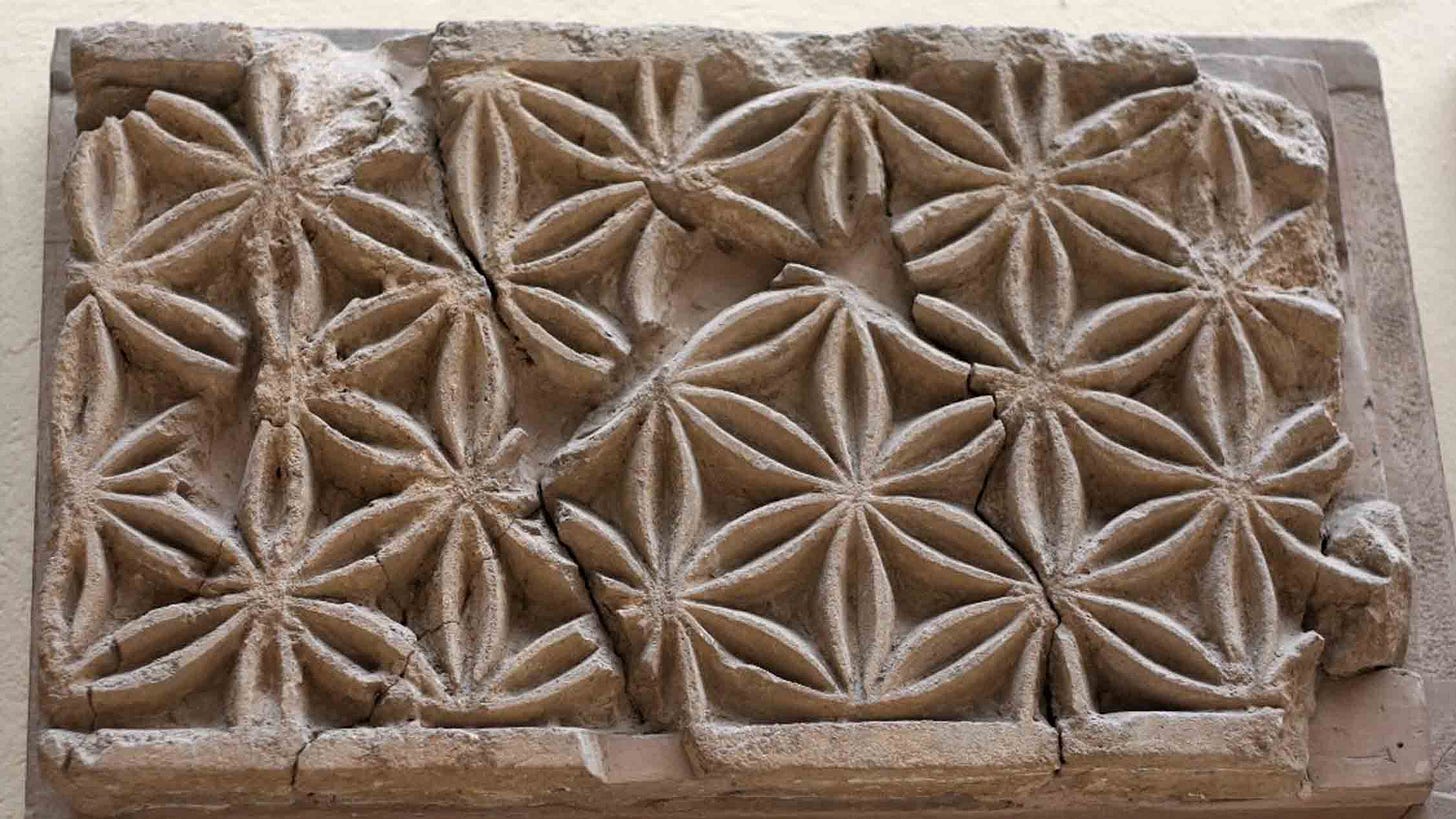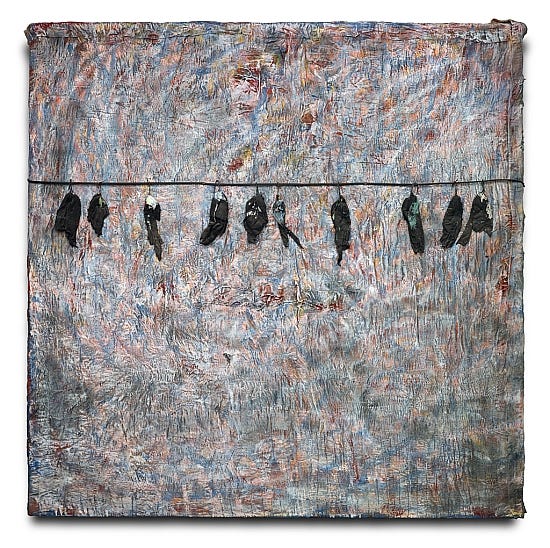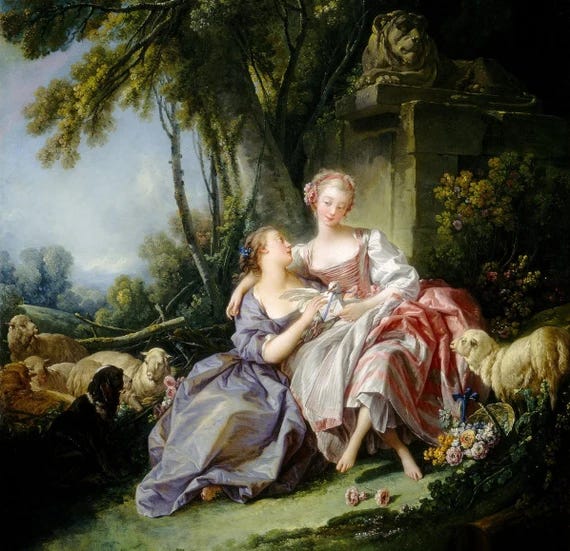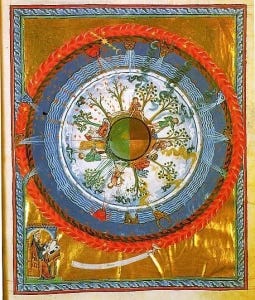Seasonal Book Recommendations for Spring 2025
a May-November love story; how and why to become a bird; a zingy new memoir; things you may have in common with a Sumerian priestess

I know your great
burden from my
own body. Grief
and evil keep my
eyes open, the pain
spills out. But pity,
compassion, care,
mercy, and grace
are also yours, as
is the flooding of
rivers, the breaking
of hard soil, the dark
turning into light.
—from Enheduana’s “Hymn to Inana”, c. 2300 BCE, trans. Sophus Helle (click to view the book).
This hymn that Enheduana, a servant and beneficiary and pawn of empire, a poet and daughter, wrote to the goddess she served more than 4,000 years ago, is as good as any song I could sing to the world today.
Spring is here. I write this sitting at a table in my back garden. As in past springs, there is so much green, so much song, where weeks ago there was none. As in past springs, so much (lives, houses, landscapes, languages, livelihoods, species) has been destroyed since just last year, and the destruction was helped along with my tax dollars. How I love this world; how it grieves me.
Something nice: an excerpt of my novel-in-progress, I Would Know You Anywhere, published in the Kenyon Review last week. It’s actually very wintery reading, but we know how seasons fold in on themselves, and depending on where in the world you’re reading this, you might be approaching winter yourself!
A Green Equinox by Elizabeth Mavor
“…We ransacked the nurseryman’s catalogues, and then we’d go walking about in nutteries and spinneys that weren’t even there yet, and we’d smell flowers which were still dry seeds in a packet or rustling bulbs. I have never known anything quite like this before, outside a lover’s bed. I mean the expanding of the word so that it can become an experience. Or conversely, the imploding of the experience do that it becomes a word.”
I first encountered Elizabeth Mavor’s delectable prose and baroque intellect by chance: I’d just moved back to my hometown, had just started working full time at Loganberry Books, and came across a little Penguin paperback of Mavor’s The Ladies of Llangollyn, her biography of Eleanor Butler & Sarah Ponsonby, two Anglo-Irish women who eloped in the late 18th c. and lived in loving partnership in Wales for decades. Mavor’s love for these women and their partnership stood up off the page. Her wrestling with queer love and family beyond what she had the vocabulary or narratives to articulate was so frustrating and moving. Six years after I first read it, I still think about it all the time.
Mavor’s obsession with sapphic partnership and history continues in A Green Equinox, published 2 years after Ladies. It’s told from March 21 to September 21 of one year. It’s a spring of attempted ecological destruction, activist community-finding, and of a measles outbreak (!). It’s a summer of garden making, and reckoning with art as escape and as illumination; it’s a summer of falling in love. It’s the season of Hero Kinoull’s awakening.
Hero’s is a queer awakening, but also an awakening to Love Itself. It takes a playful, scandalous premise—Hero falls in love with her male paramour’s wife and then his mother—and asks haunting questions about time and illness and disability and age and activism and pleasure and history and responsibility I’m not used to seeing love stories ask. Its language and concerns remind me forcefully of Shola von Reinhold’s LOTE and also my beloved Lolly Willowes. It’s that strange and singular.

A Visitation of Spirits by Randall Kenan
“There are no moral laws that say: You must remain human. And he would not.”
A little over three years ago, I was sick in bed and sorting through my library’s online ebook selection for something else—some other book I can no longer even remember—and by accident came upon A Visitation of Spirits, a book I had never heard of before. A major part of the book’s action takes place on April 29, a moment so close to the moment I write from now, when spring is, at least in my part of the world, at a tipping point of fullness. April 29 also happens to be my wedding anniversary, a moment of perhaps my most public witness to my identities as a queer woman and a Christian.
For protagonist Horace, a gay Black teen in North Carolina in 1984, spring is even further sprung on April 29, and his own becoming teeters on the edge of a knife blade, ready to burst into the fullness of what he knows to be unforgiveable sin: queerness.
I read this book on that sick day in one feverish gulp, one of those reading experiences in which time folds in on itself. As many key differences as separate Horace and me, I have never, to this day, read a character who more deeply echoes my own experience of being very Christian and very gay in a conservative, homophobic family and community. Horace is (as I was) so so so in love with this world and being a body and being alive. Horace is also, often against his will (as I was), so so so convinced of the reality of a supernatural reality, a God, who will damn him eternally for being gay, a God “he was powerless not to believe in as firmly as he believed in gravity and the times table.”
Horace, filled with life force and love of this living world, decides to perform a magic spell to turn himself into a bird—the perfect solution for someone as desperate to remain alive as they are to escape the punishment of being a queer human. When I was Horace’s age, facing similar terror of eternal damnation, I frequently prayed to die in my sleep, but just as often, even as I knew how irrational it was, I prayed to wake as a tree, alive, flourishing, and incapable of sin. Horace’s story was as familiar as my own heartbeat.
There are many other characters and themes and it’s worth reading for so many more reasons than its personal resonance for me. It’s an incredible novel about American Christianity, even as it is very specifically about Southern Black Christianity. You’ll have to read A Visitation of Spirits yourself to find out what happens to Horace on the spring night that he decides to make a pact with the devil to trade his body for a bird’s.
Worthy of the Event: An Essay by Vivian Blaxell
Look at me: I am riven and formed. I am lost and I am found within my own Babylon and from my own relationships to the power I do not have: power today, gone powerless tomorrow, I am. I am master and servant and everything in between. Lord, lady, maiden, equerry, squire, yeoman, and serf. I am abuser and victim of abuse.
Wowowow, what a zinging zesty bracing freshness of a book, a memoir, and a manifesto just published by Little Puss Press. Vivian Blaxell is an Australian transwoman in her 70s: she’s survived an intersection of world and body that conspired again and again to kill her and her vision and her voice and her pleasure. She’s a scholar of Japanese culture and of colonialism; she writes with verve, she swings and swoops through a full life and a complicated and conflicted world. I can’t think of a book more alive with the electric green energy of resurrection and becoming than this one—what Hildegard von Bingen reported back from her cosmic visions as viriditas, the green power that sustains the multiverse. Worthy of the Event is chartreuse in literary form.
Grab this book and go read it in the sunshine. Consider what it might mean for you yourself to be Worthy of the Event, whatever the Event may be, no matter how scared you are.






Oh wow, I loved this so much, Elisabeth! I had not heard of Enheduana before and I had to read that poem three times before I could keep going. And I LOVE the way you pair a piece of art with each of your recommendations. I don't think I have ever seen anyone do this before? Incredible. Wishing you a garden full and dizzy with green. 💚